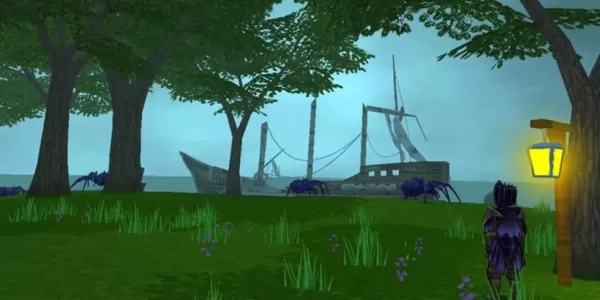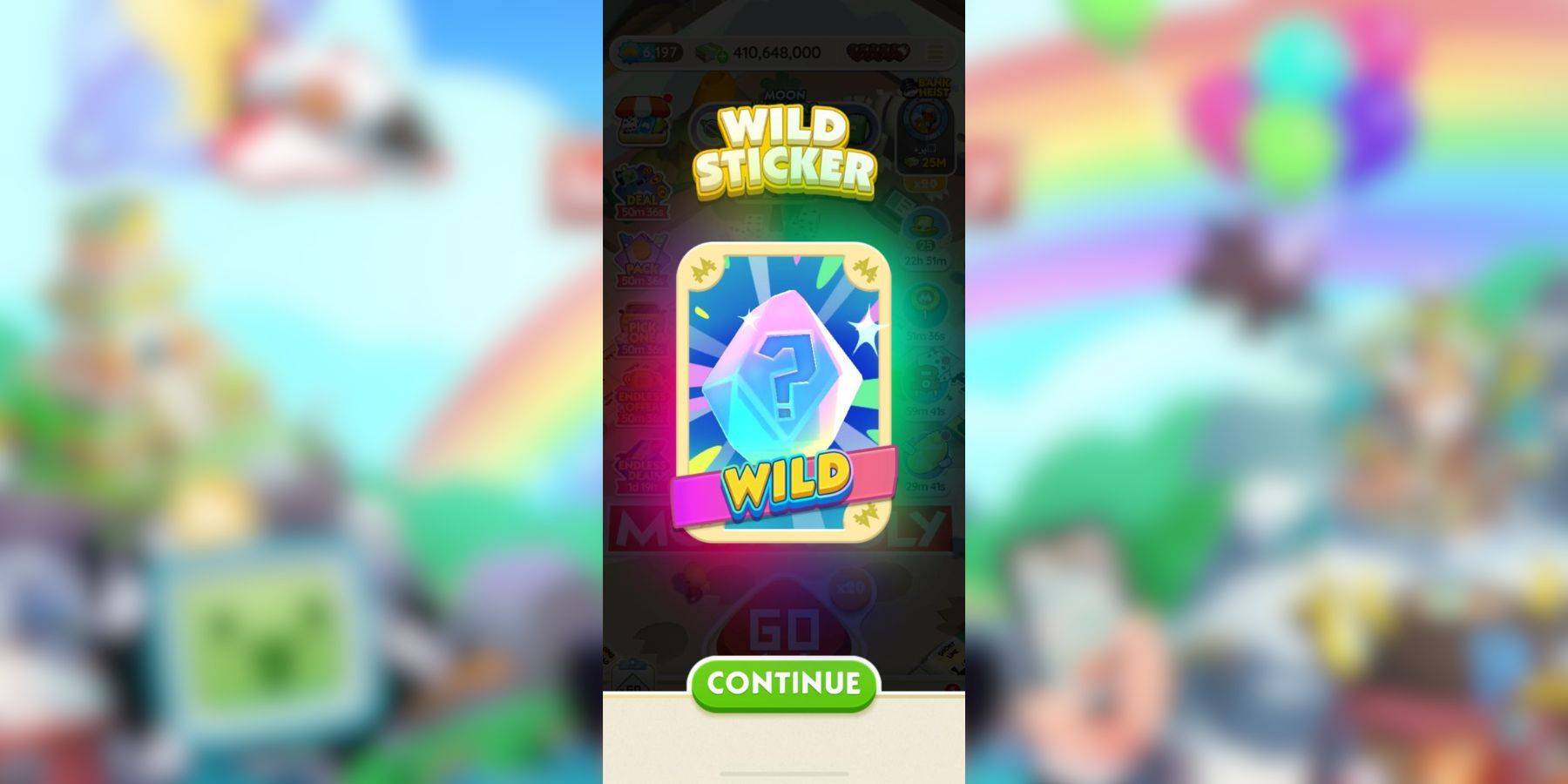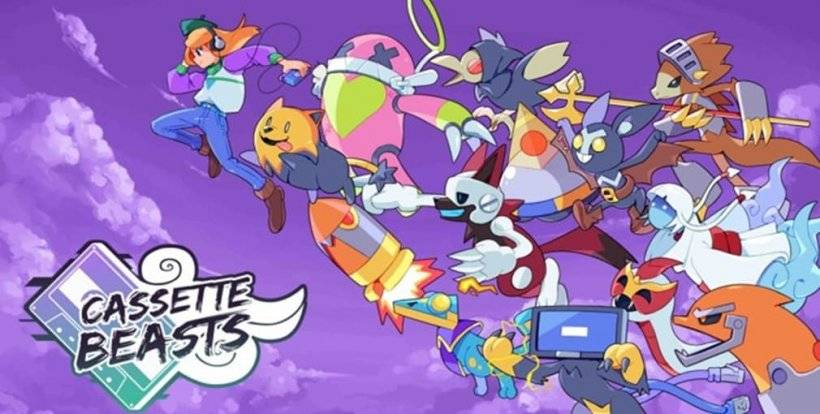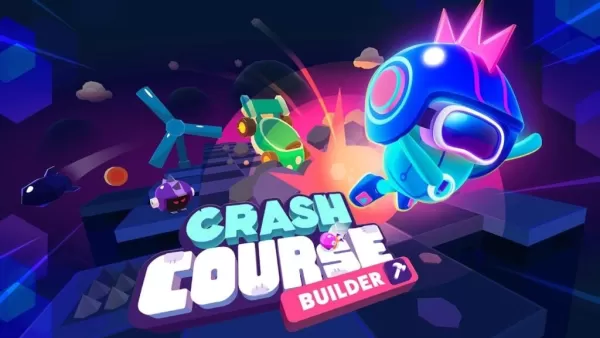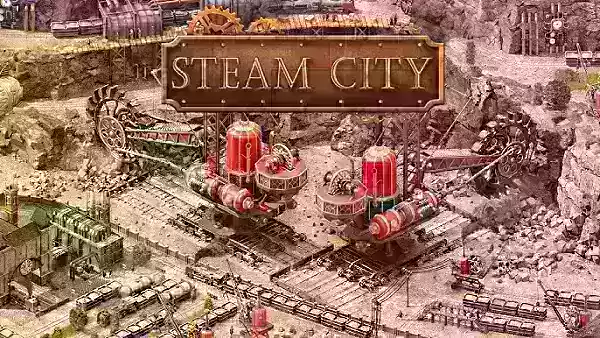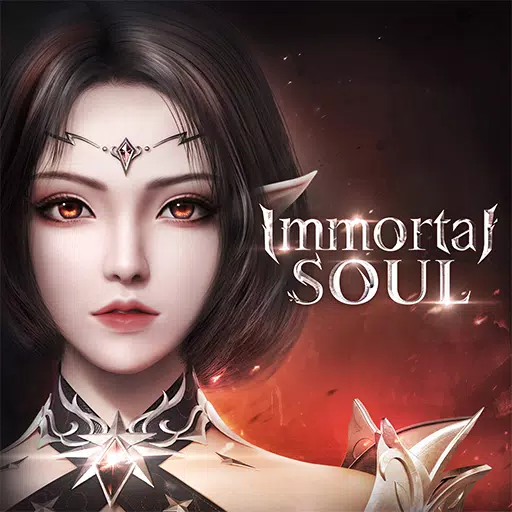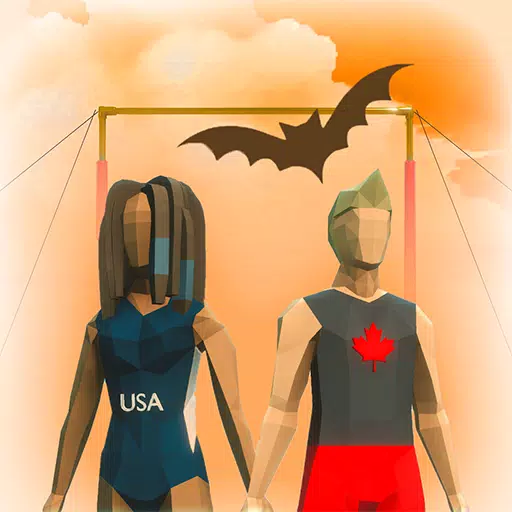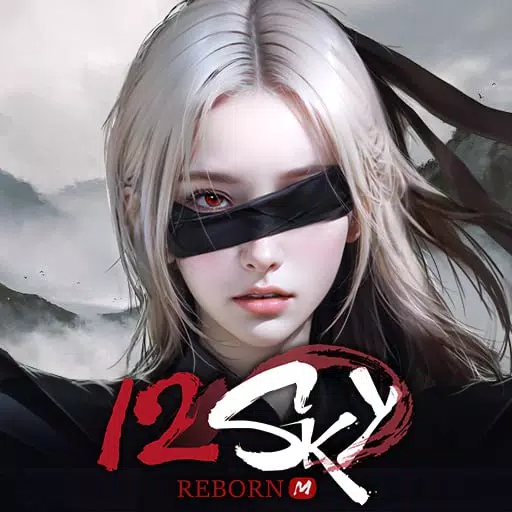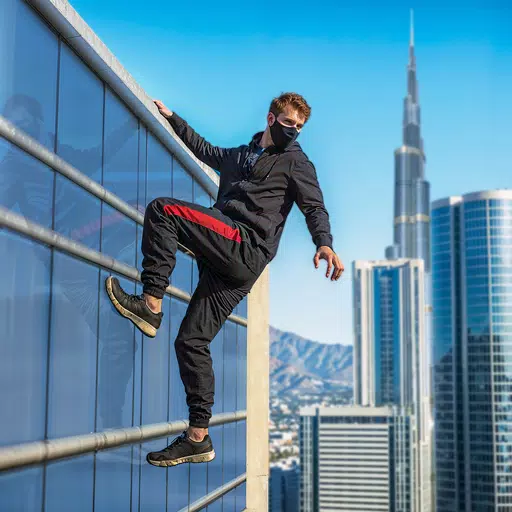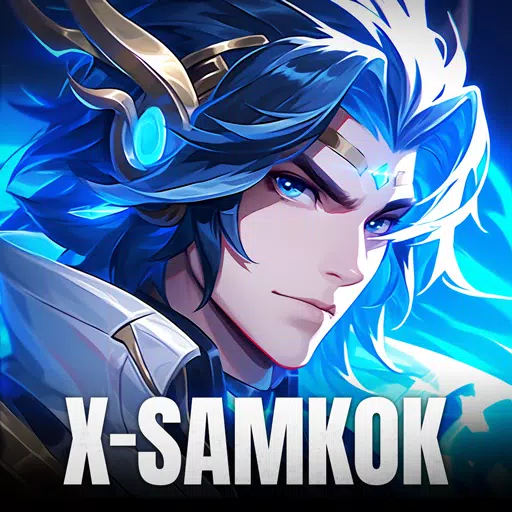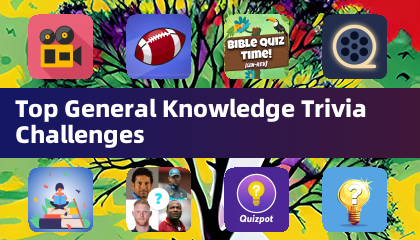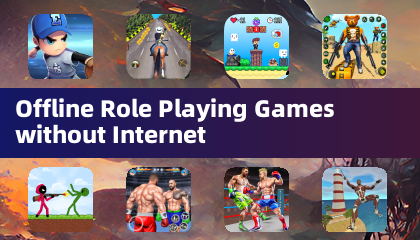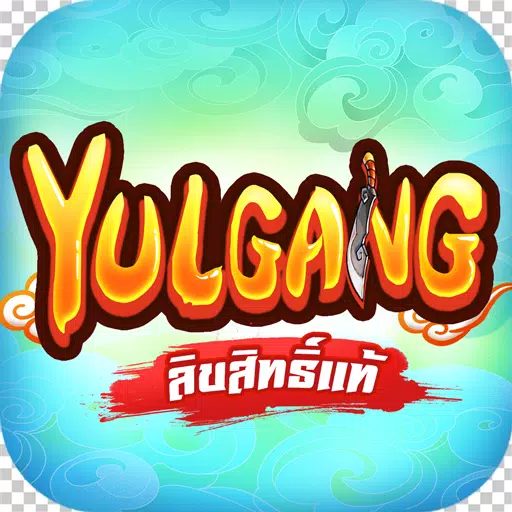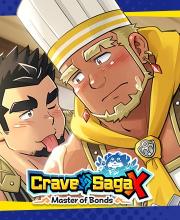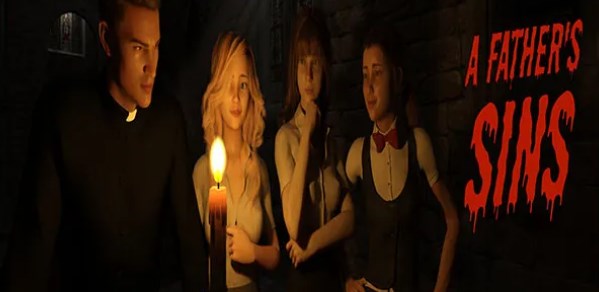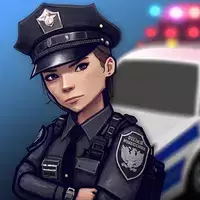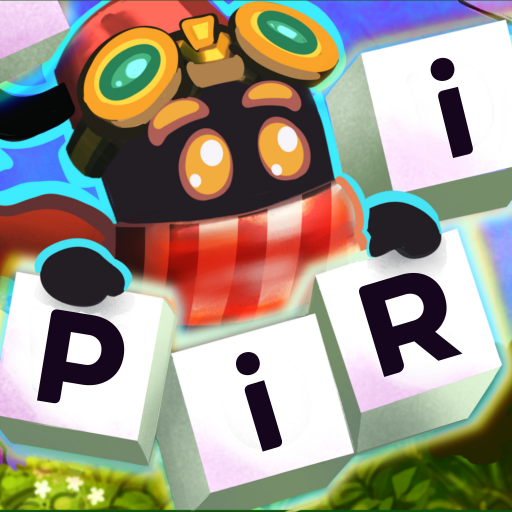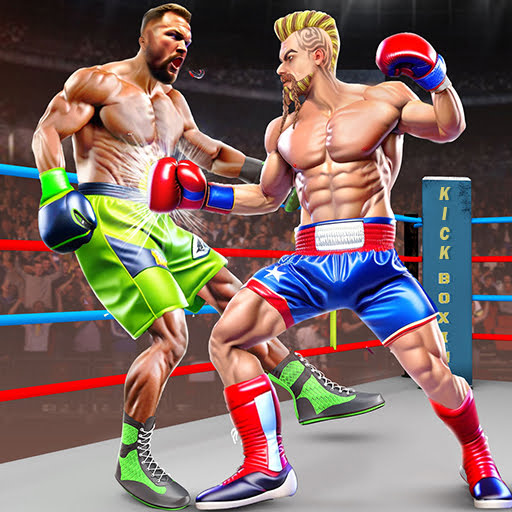Marc Laidlaw penned the short story "400 Boys" at the age of 21 in 1981, well before he became known as Valve's lead writer and a key architect of the Half-Life series. Originally published in Omni magazine in 1983, it later found a broader audience when included in the anthology "Mirrorshades: The Cyberpunk Anthology." On his personal website, Laidlaw notes that "400 Boys" has likely been read by more people than any other work of his, except perhaps the seasonal ad copy for Dota 2. While the gaming community knows him best for his contributions to Half-Life, Laidlaw's creative portfolio extends far beyond video games. It's a fascinating journey, seeing how his career has evolved.
In a post-apocalyptic city where gangs adhere to a bushido-like code of honor, the emergence of the 400 Boys gang forces them to unite. This narrative weaves together beauty and brutality, brought to life by Canadian director Robert Valley, who previously won an Emmy for his work on the "Ice" episode of Love, Death & Robots.
"The inspiration for it just came out of walking around," Marc recalls. "I lived in Eugene, Oregon, and was always seeing phone poles plastered with band names playing in town. It was just one cool name after another, and I wanted to capture that feeling. I thought, 'What if I could come up with all these gang names?' It was a fun way to drive the story forward and indulge in my love for creating names."
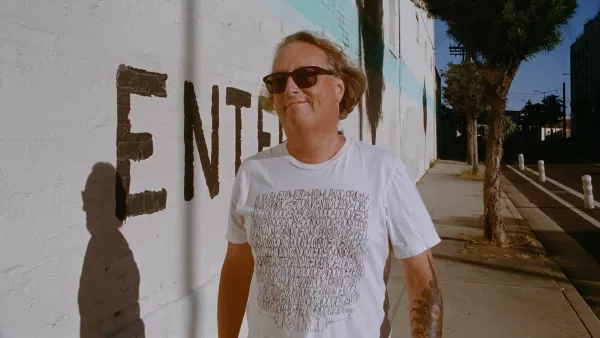 Marc Laidlaw may have moved on from Half-Life, but his connection with the internet remains strong. Photo credit: Mimi Raver.Now, more than four decades after its initial publication, "400 Boys" has been adapted into an episode in the fourth season of Netflix's acclaimed animated anthology series, Love, Death & Robots. Directed by Robert Valley, who also directed "Zima Blue" in Season 1 and "Ice" in Season 2, and written by Tim Miller, the episode features a voice cast including John Boyega, known for his role as Finn in Star Wars. Suddenly, "400 Boys" is enjoying a resurgence that Laidlaw never anticipated.
Marc Laidlaw may have moved on from Half-Life, but his connection with the internet remains strong. Photo credit: Mimi Raver.Now, more than four decades after its initial publication, "400 Boys" has been adapted into an episode in the fourth season of Netflix's acclaimed animated anthology series, Love, Death & Robots. Directed by Robert Valley, who also directed "Zima Blue" in Season 1 and "Ice" in Season 2, and written by Tim Miller, the episode features a voice cast including John Boyega, known for his role as Finn in Star Wars. Suddenly, "400 Boys" is enjoying a resurgence that Laidlaw never anticipated.
"The story had kind of faded into the background, but the cyberpunk genre kept growing, and I didn't think much about it," Laidlaw shared in a recent video call, just before the premiere of Season 4 on Netflix.
Forty years is a long time for a story to find its way back into the spotlight, but the journey could have started earlier. About 15 years ago, Tim Miller from Blur, a company known for its video game cutscenes and more, contacted Laidlaw about potentially adapting "400 Boys." Unfortunately, like many projects, it fell through due to studio changes.
Then, in March 2019, Love, Death & Robots burst onto the scene, offering a unique and daring animated anthology that captivated viewers. Laidlaw noted Tim Miller's involvement and expressed admiration for his work, particularly with the adaptation of J. G. Ballard's "The Drowned Giant."
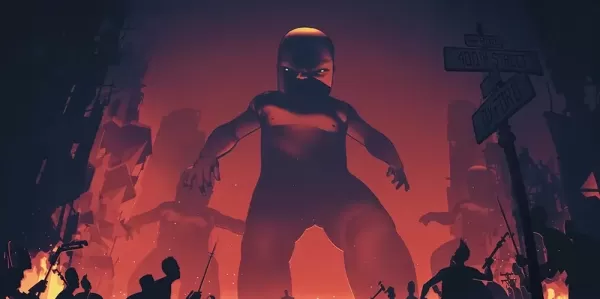 400 Boys has been transformed into an episode of Love, Death & Robots on Netflix. Image credit: Netflix.La relocating to Los Angeles in 2020, Laidlaw met with Miller several times at events around the city. Although he didn't push for "400 Boys," the idea of it possibly returning through Love, Death & Robots lingered. A year ago, Laidlaw received the email he had been hoping for: an interest in optioning "400 Boys."
400 Boys has been transformed into an episode of Love, Death & Robots on Netflix. Image credit: Netflix.La relocating to Los Angeles in 2020, Laidlaw met with Miller several times at events around the city. Although he didn't push for "400 Boys," the idea of it possibly returning through Love, Death & Robots lingered. A year ago, Laidlaw received the email he had been hoping for: an interest in optioning "400 Boys."
In conversations with Miller, who took over the scriptwriting, Laidlaw emphasized the importance of staying true to the source material while appreciating the new visual elements added to enhance the story. He also had discussions with director Robert Valley, recommending the "400 Boys" audiobook, which Laidlaw had narrated during the pandemic as a way to entertain people online.
However, Laidlaw's involvement was minimal. "It was just fun to sit back and not be in the trenches for once," he says. "I just wanted to enjoy the final product and see what they made of it."
Laidlaw has seen the episode and is thrilled with how it turned out. "The characters, the accents, the setting—everything is so cool. They've made the story visually engaging and fun."
Reflecting on "400 Boys," Laidlaw views it as a product of a younger self. "It's from a different me, lifetimes ago," he muses. "But I'm still pretty happy with it, considering my age when I wrote it."
After a period of relative inactivity, Laidlaw joined the gaming industry in 1997, working at Valve during the development of Half-Life. "And that whole thing happened…"
Laidlaw "retired" from Valve in 2016, but his departure seemed more like a complete withdrawal from the industry. In reality, he's now in a position to choose projects that excite him. "I think I retired too hard," he admits. He never wanted to stop being creative and hoped to return to writing, but the publishing landscape had changed during his time in video games. As for new game projects, he says, "I can't do games without a team. I can't make a game by myself."Currently, Laidlaw is exploring music, gaining a new audience after the release of Valve's Half-Life 2 anniversary documentary last year and sharing a lost development video from the early days on his YouTube channel. "I'm like, I'm in the wrong business!" he jokes. "I should just be leaking information about my old employer."
Reflecting on the Valve documentary, Laidlaw found it therapeutic. "It was good for me to process and put a bow on that chapter, reconnect with old friends, and reflect on everything."
With the Half-Life and Half-Life 2 anniversary documentaries behind him, the only Valve project left for Laidlaw to reminisce about is Dota 2, now 12 years old. He muses that perhaps in another eight years, Valve might call upon him again. "I could speak to Dota. That's the only thing left." He also mentions his minor contributions to Alien Swarm.
Conversations with Laidlaw inevitably circle back to Half-Life. With the documentaries now released, there's little left to discuss about the past. Yet, the future of Half-Life remains an intriguing topic.It's futile to ask Laidlaw if he knows about Half-Life 3's development. He's out of touch with the current team at Valve and wouldn't reveal such information even if he had it. Instead, we focus on whether he'd consider writing for a video game again. Laidlaw remains open to the idea and humorously suggests Hideo Kojima should have reached out during the development of Death Stranding. "When Death Stranding came out, I was grinding my teeth. Does he know I'm available? I'd be happy to help polish the dialogue and make it sound better for the actors."
Laidlaw admits his "hard retirement" might have led the industry to overlook him. "When I see projects like Miyazaki's or From Software's, of course, they'd go to George R. R. Martin first. My name doesn't sell games anymore. But those projects excite me."
Surprisingly, the offers he received post-Valve were not what he expected. "I did kind of expect more interesting offers afterward, but it was weird: someone wanted me to write a synopsis for their mobile phone laser tag game. It's like they don't know what I do."
When asked about returning for Half-Life 3, Laidlaw is firm. "I would not do that," he states. "Even when I was there, I started feeling like the old guy shooting down ideas. At some point, you need to let the new generation take over. We need fresh perspectives. I found myself restraining my instincts to critique based on past experiences."
He hasn't played Half-Life: Alyx and feels disconnected from the current creative processes at Valve. "I'm not on the cutting edge anymore. That's not what interests me now. Plus, I'm one of the older guys, and it's a lot of work. I'm into my own projects now, on my own schedule. The Half-Life part of my life is definitely behind me."
So, it seems Half-Life and Marc Laidlaw have parted ways. But Laidlaw's past work continues to find new life, as evidenced by Netflix's adaptation of "400 Boys" after 40 years. Perhaps, in the future, Netflix might approach Valve to turn Half-Life into a series, and Laidlaw could revisit this chapter once more.
"The fact that I got into cyberpunk before it was even called that, and then stumbled into a fledgling game company that became Valve and made Half-Life… I've been lucky to be part of these phenomena."

